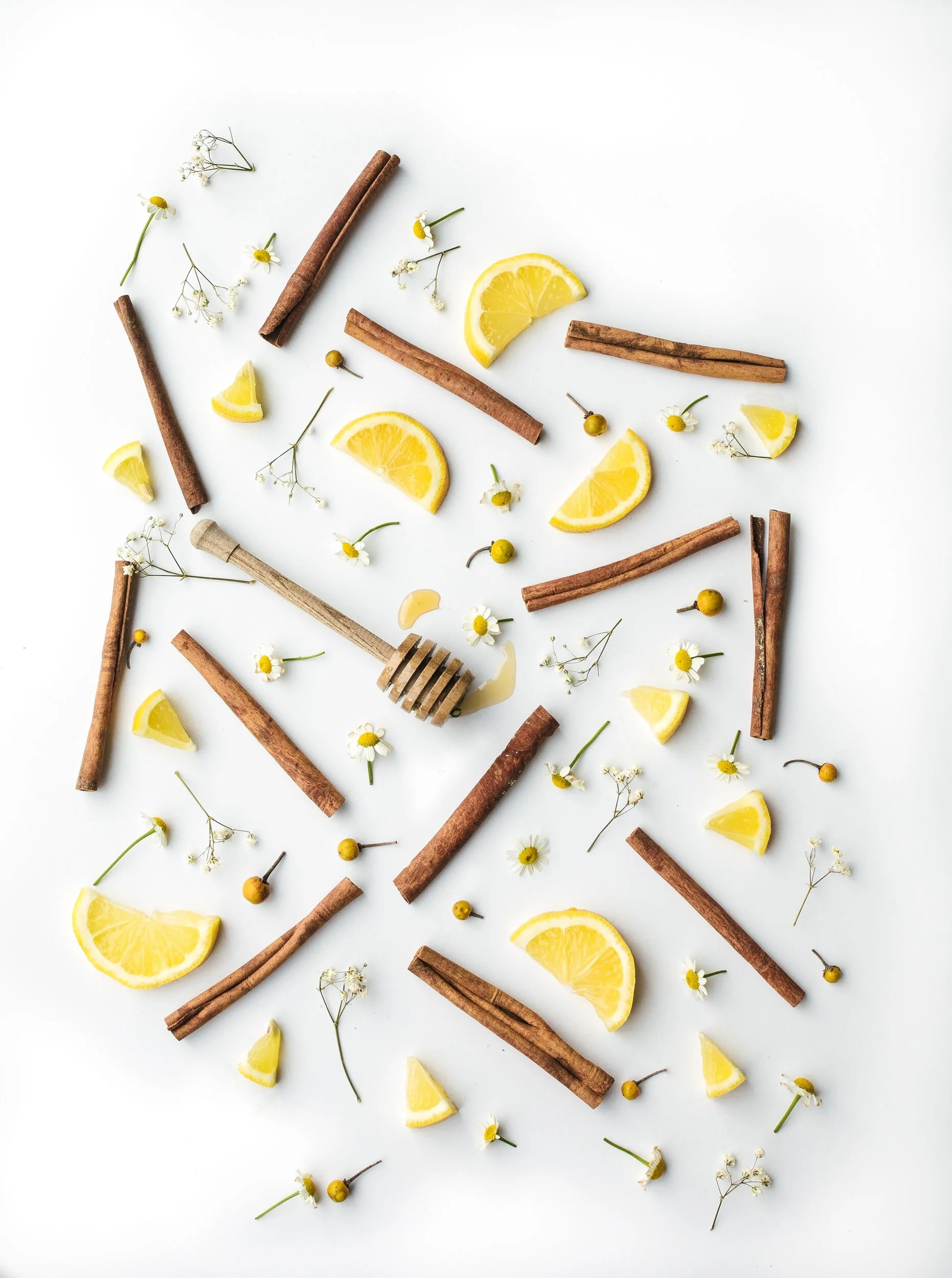10 Foods that will Detox Your Body
What does detoxing one’s body mean and/or do?
The “detox” definition can be very ambiguous as it is loosely used by many. It is typically understood as cleansing the body of toxins and/or impurities, essentially things that harm the body intrinsically and/or extrinsically (Walle, 2019; Robbins, 2019). This can include adhering to different diets and/or following different rituals (Walle, 2019). Although it is interpreted as removing toxins from the body, there is inconclusive evidence on the actual effects of such diets (Walle, 2019). Consequently, the definition for “toxin” is usually incomplete or not defined well and thus one must be conscious of how they interpret the material read, ensuring not to make inaccurate conclusions or assumptions (Walle, 2019). As a result, this article will refer to the term “detox” in the sense of one’s wellbeing and health through the consumption of different foods.
How does the body detox?
The body is a natural detoxifier through the different organs. These organs include: the liver, the kidneys, the gastrointestinal (GI) tract, the respiratory tract, the skin, and the lymphatic system (Robbins, 2019; Care2, 2016). Listed below are the functions of each organ in the detoxifying process (Robbins, 2019):
Liver:
“Filters blood in the body and deactivate toxins”
Produces bile which help with metabolic functions
Converts blood glucose into glycogen or vice versa when required (for energy)
Kidneys:
Fluid regulator
Removes excess waste [salts and urea (waste product from protein metabolism)]
Return nutrients into the blood
GI tract [mouth, esophagus, stomach, small intestines, large intestines, and anus]:
Assists in the movement of ingested foods
Absorption and reabsorption of nutrients, water, and salts
Enable enzymatic digestion
Performs processes related to waste excretion
Respiratory tract:
Filters and remove toxins and dangerous particles from inhaled air in the form of carbonic gas and phlegm
Skin:
Acts as a barrier that blocks dangerous chemicals, substances, and/or bacteria out
Lymphatic system:
Plays a role in the release of white blood cells which destroys foreign substances
An integral player of the immune system
Is a transport system for hormones, nutrients, and waste
However, eating certain foods are an adjunct to the natural detox process and should not be thought of as a replacement for detoxifying the body.
What are some detoxifying foods?
Different types of food provide different benefits and function differently, and thus should not be viewed as more important and/or beneficial than another. Lemons, garlic, and watercress will be talked about more in depth due to interest, and/or the perception of them being less well known.
There are many so called “detoxifying” foods and because of the vast nutritious values that stem from them, listed are just some examples of things to eat that aid in the detoxification process and is not an all-inclusive list.
Ginger
Contains antioxidants [“protects against free radicals” (Robbins, 2019)] and aids in digestion (Realbuzz Team, n.d.)
Green Tea (Realbuzz Team, n.d.)
Contains antioxidants and enhances the liver function while also protecting it from some diseases
Apples (Care2, 2016)
Contains “pectin which bind to cholesterol and heavy metals” transporting them for elimination
Blueberries (Robbins, 2019, as cited in McAnulty et al., 2011)
Contains antioxidants, lower blood pressure, and “enhances the function of natural killer cells” (important part of the immune system)
Beets
Contains antioxidants (Robbins, 2019), large amounts of nutrients (Realbuzz Team, n.d.), and has beneficial effects on cholesterol (Realbuzz Team, n.d.)
Kale (Care2, 2016)
Contains antioxidants and is high in fiber
Avocados
Its fatty acids protect against damage caused by a liver toxin (Robbins, 2019, as cited in Kawagishi et al., 2001)
Lowers cholesterol while also blocking off some carcinogens (Care2, 2016)
Lemons (Realbuzz Team, n.d.)
Vitamin rich (Care2, 2016; Realbuzz Team, n.d.)
Great source of antioxidants
“Restores the body’s pH system” (acid-base balance in the body)
Watercress
Eliminates more carcinogens through urine (Care2, 2016; Realbuzz Team, n.d.)
High in antioxidants and other nutrients (Realbuzz Team, n.d.)
Aids in the elimination of ‘toxins’ through its diuretic properties (Realbuzz Team, n.d.)
“Increases detoxification enzymes” (Care2, 2016)
Fresh garlic
Eliminates some “harmful bacteria, intestinal parasites and viruses” (Care2, 2016)
Possess “antioxidant and anti-cancer properties” (Care2, 2016)
“Cleanses the respiratory tract” (Care2, 2016)
Has “antiviral, antibacterial, and antibiotic properties” (Realbuzz Team, n.d.)
Aids the immune system through the production of white blood cells (Realbuzz Team, n.d.)
DNA protector (Robbins, 2019)
Bottom Line
Although detoxing one’s body may be beneficial, it may be best to consult a doctor before engaging in such changes solely, especially if one has underlying health conditions or comorbidities. They should be mindful of the detox meaning and understand that there may not be one best cleanse or “the cleaner detox” for individuals. Instead, the natural body is great at detoxifying itself and can be aided with eating specific foods. In general, eating healthy foods, taking care of the body, and being physically active are important to maintaining one’s wellbeing and health.
Have a Question?
Our physiotherapists are available to answer any questions you may have regarding your health.
Fill out your question on the form, and our friendly staff will be in touch!
Read Related Articles
References
Care2. (2016, January 22). 15 Best foods for detoxing your body. EcoWatch. https://www.ecowatch.com/15-best-foods-for-detoxing-your-body-1882157131.html
Kawagishi, H., Fukumoto, Y., Hatakeyama, M., He, P., Arimoto, H., Matsuzawa, T., Arimoto, Y., Suganuma, H., Inakuma, T., & Sugiyama, K. (2001). Liver injury suppressing compounds from avocado (Persea americana). Journal of Agricultural and Food Chemistry, 49(5), 2215-2221. 10.1021/jf0015120
McAnulty, L. S., Nieman, D. C., Dumke, C. L., Shooter, L. A., Henson, D. A., Utter, A. C., Milne, G., & McAnulty, S. R. (2011). Effect of blueberry ingestion on natural killer counts, oxidative stress, and inflammation prior to and after 2.5h of running. Applies Physiology, Nutrition, and Metabolism, 36(6), 976-984. 10.1139/h11-120
Realbuzz Team. (n.d.). Top 10 detox foods. realbuzz.com. https://www.realbuzz.com/articles- interests/nutrition/article/top-10-detox-foods/
Robbins, O. (2019, January 11). 12 Detoxifying foods to help your body heal naturally. Food Revolution Network. https://foodrevolution.org/blog/detoxifying-foods/
Walle, G. V. D. (2019, March 10). Full body detox: 9 ways to rejuvenate your body. healthline. https://www.healthline.com/nutrition/how-to-detox-your-body







